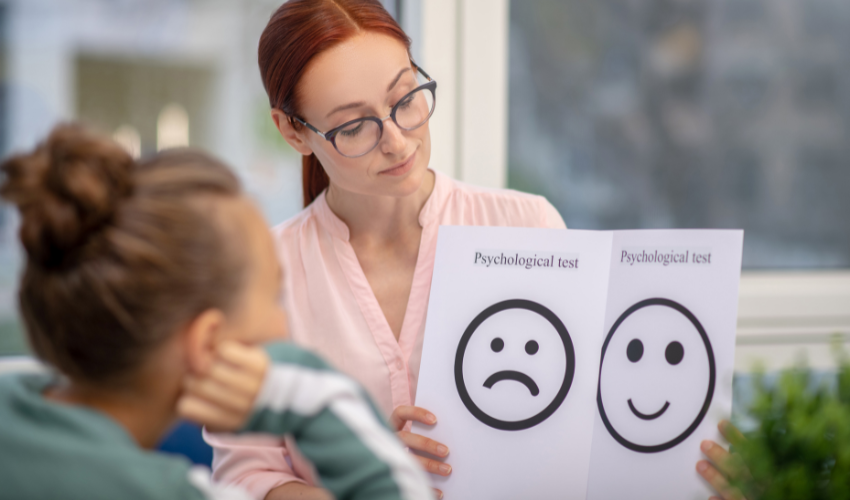Living with mental health issues, emotional problems, or relationship challenges can be overwhelming and confusing. Seeking help from a therapist can be a valuable way to address these issues and improve your mental health and wellbeing. But how do therapists help? What can you expect from a therapy session? In this article, we will explore the different ways therapists can assist you in overcoming these challenges.
The Benefits of Therapy
Therapy provides a safe and supportive environment for individuals to explore their feelings and emotions. Here are some ways therapists help people in therapy:
Emotional Support

Therapists offer a non-judgmental and empathetic space for individuals to express their emotions and feelings. This can help people better understand their emotions and develop healthy coping mechanisms.
Problem-Solving Skills
Therapists can help individuals develop problem-solving skills to manage challenges and conflicts effectively. They may also provide practical tools and techniques to improve communication and strengthen relationships.
Improved Self-Awareness
Therapists can help individuals better understand themselves, their behaviors, and their thought patterns. This self-awareness can lead to improved decision-making, increased confidence, and better self-esteem.
Types of Therapy
Therapists use different approaches and techniques to address specific issues. Here are some common types of therapy:
Cognitive Behavioral Therapy (CBT)
CBT is a type of therapy that focuses on changing negative thought patterns and behaviors. It can help individuals develop positive coping mechanisms and improve their overall mental health.
Dialectical Behavior Therapy (DBT)
DBT is a type of therapy that focuses on mindfulness and acceptance. It can help individuals manage difficult emotions, improve communication, and develop healthy relationships.
Psychodynamic Therapy
Psychodynamic therapy focuses on exploring unconscious thought patterns and behaviors. It can help individuals understand the root causes of their issues and develop healthy coping mechanisms.
What to Expect in Therapy

If you are considering therapy, it is natural to have questions about what to expect. Here are some common questions and answers:
FAQ
How long does therapy last?
Therapy sessions typically last 45-60 minutes, and the number of sessions needed varies based on individual needs and goals.
How often do I need to attend therapy?
The frequency of therapy sessions can vary based on individual needs and goals. Some individuals attend therapy once a week, while others may only need to attend once a month.
What happens in a therapy session?
Therapy sessions typically involve discussing thoughts, emotions, and behaviors with a therapist. They may also involve practicing new skills and techniques.
How do I know if therapy is working?
You may notice positive changes in your mood, behavior, or relationships over time. Your therapist can also help you track progress and set goals.
What if I don’t feel comfortable with my therapist?

It is important to feel comfortable and safe with your therapist. If you do not feel comfortable, it is okay to discuss this with your therapist or consider finding a new therapist.
Conclusion:
Therapy can be a valuable way to improve your mental health and wellbeing. Whether you are struggling with mental health issues, emotional problems, or relationship challenges, therapists can provide support, guidance, and practical tools to help you overcome






















